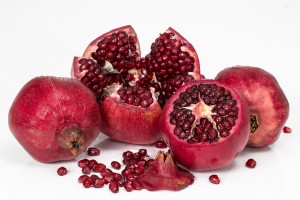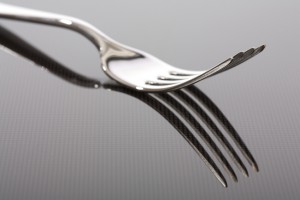Seasonal food Spring UK
Eating seasonal food is healthy – right? Naturopathic healthy eating ideologies encourage eating fresh seasonal food. Why? Are there any health benefits to eating seasonal produce?
Eating Seasonal Food
Seasonal foods have better nutritional value for our overall health. Is this healthy or ethical only? Eating what’s in season — here’s the lowdown from the Knightsbridge, Chelsea Nutrition Expert.
What is bioavailability?
Nutrient content of foods doesn’t necessarily change but it can be more or less bioavailable. What is the bioavailability of food?
In simple terms, it’s the way our bodies may not benefit from eating the same banana at different times of the year. The nutritional value of the banana might be labelled the same. Bioavailability refers to how nutrients are delivered to feed and heal your body.
Organic food
Non-seasonal produce are foods that are often full of pesticides, waxes, preservatives and other chemicals that are used. Why is our produce pumped full of toxic chemicals these days? Well, it’s so the produce look fresher than it actually is. Seasonal foods also have a much higher antioxidant content than non-seasonal foods.
VERY important side note: eating food in season is delicious! It’s fresh produce that is ripe and ready for consumption!
Organic Food and food intolerance
Eating freshly harvested produce means we’ll be rotating our foods. This helps keep our body from developing intolerances to certain foods.
Spring Detox
This enables us to reap the health benefits of a diverse diet that is naturally detoxifying. For example, in traditional Chinese medicine (TCM), spring is associated with the liver. The liver is one of the body’s primary detoxification organs. Synergistically, spring is also the time when dandelion and other bitter greens are fresh and available. These bitter greens support the liver and its function of cleansing the blood.
Paleo
Our ancestors ate seasonal food because they didn’t have much choice. We, on the other hand, can make informed decisions about what we eat. We can choose to opt out of eating food that isn’t harvested in our current season. Coordinating our diets with the seasons naturally cleanses us. It can help build immunity for the body. Generalised eating plans like the paleolithic diet or paleo diet allude to this. Raw food diets, raw veganism, vegetarianism and even gluten free follow fundamental principles. They might have roots in a way of eating that our ancestors did…
Is Paleo best?
However, the bases for eating a paleo diet in this way, for example, is not 100% accurate. Let’s examine the historical evidence… We’ll look at regional specificities, climate and how there are ever changing updates to these campaigns. We need to appreciate the value of food as medicine. No one prescription is right for all.
Categorically eliminating whole food groups to improve health (of all human bodies, without exception) in general and quality of life for all, doesn’t make sense. Providing the information your body needs by food does. Find out how personalised nutrition is changing the lives of so many. Taking ownership of our health isn’t easy… BUT it can be Safe. Clinical. Practical. Effective. Nutrition for health and healthy weight loss, really looks at what’s going on and how we can change this simply.
Blood type diet
Eating for our blood type can be positively reinforced by eating seasonably. It’s pretty neat when you think about it. It’s easy to work out.
Sustainable agriculture
Eating foods in season in our area right now, means we’re more likely to be eating local produce that does not require shipping methods. It’s more likely to be grown by local farmers in our community. Sustainable and environmental benefits contribute to our local economy. Also, this way of life reduces the pounds and pounds of produce that are shipped all over the globe every day.
Foods in season
UK – Support your local farmer’s market. Field to Fork eating.
Apricot – Blackcurrant – Strawberry – Tomato – Raspberry
Jersey Royal New potatoes – beetroot
Asparagus – Aubergine – Courgette – Watercress – Spring Onion
Peas – pepper –
Radishes – Sorrel – Spinach- Pak Choi
Runner beans – borad beans – Watercress – Spring onions
Crab – Scallop – Plaice – Sea Trout – Wild
Whiting – Tuna
Beef steaks – Chicken – Sausages – Spring lamb – Pork – Venison
Imported Produce
Apple – Pear – Quince
Imported Produce
Pomegranate


